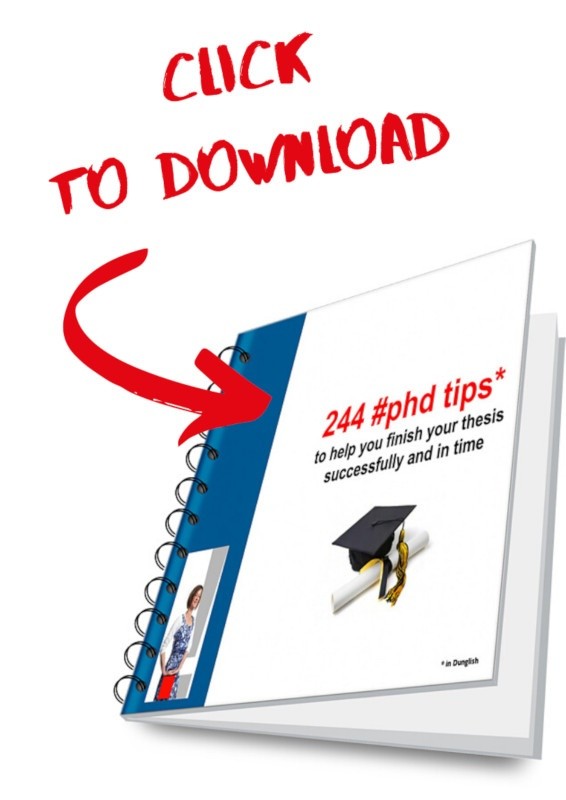Are you getting more and more busy? Do less! That’s the advice of Laura Stack, author of ‘What to do when there’s too much to do’. If you put in overtime as a rule – as a lot of academics do – whilst you are already busy, you are on the wrong track. In fact, you only become less productive, instead of more productive.
Recently I read an article about her book in ‘Psychologie magazine’. The main information about her method you’ll find here.

To get the work done that needs to be done, Stack says you only need 4 steps:
1. Decide what is really important
- delegate tasks that don’t belong to your job description
- work wiht 2 to-do lists: on the ‘main list’, you put the tasks that need to be finished in the long term, on your ‘daily list’ you put the tasks that you want to do that day. For instance smaller tasks from the bigger projects that are on your main list. At the end of each working day you put a few of the tasks that are on your main list on to your daily list for the next day.
- make a ‘not to do list’ and put everything that takes a lot of time, but doesn’t bring you so much. Like revising and rewriting that paragraph endlessly, or checking email and Facebook every hour or more.
2. Schedule time
- learn new daily routines, like schedule the time when you write, the time when you meet, the time when you check your mail. Do dificult stuff in the morning, the easier stuff in the afternoon. In that way you take your energy levels into account
- make sure you have short term deadlines, that helps to not procrastinate
- don’t go to that meeting every once in a while, and if you do go, make sure the time to finish is very clear
3. Make sure you are not interrupted all of the time
- have ‘no speaking’ or ‘silent’ time with your colleagues, for instance in the morning when you have the biggest amount of energy
- make sure you are the one who decides when to be disturbed, multi tasking is not productive. Switch of your email, Facebook and phone, read messages at certain scheduled times and let colleagues know when you are available and when not
- beware of your pittfals, just act and do. Productivity is more important then perfection, improving stuff is always possible in a later stage.
4. Be efficient in digesting information
- jot down good ideas immediately
- make sure all the ‘loose ends’ are not in your head, write them down
- if you can finish something immediately, finish it. If it takes longer then 3 mintues, put it on your to do list. A proven method by productivity guru David Allen of ‘Getting things done’.
- keep improving your own system, make sure to make difficult tasks easier or ask someone who actually enjoys a task to help you
Let me know if this is working for you!
Do you want to receive more tips, tricks and tools? Subscribe for the newsletter and receive 244 #phd tips. Click here.





I know many people who always enjoy saying, “I am busy with my work”. But the reality is that almost everyone of us is doing some kind of work every day. You have to manage your time to finish off your work. For this, you need special skills.
If you are a management student or professional you must know how to utilize time in the best possible manner. It is how you use your skills to complete your work, small or big, on time. Don’t panic or shout. Keep your calm and do whatever you want to do in a proper way. People who are doing Phd in management often tend to finish their tasks on time. Reason is that they know how to manage time in their own way!